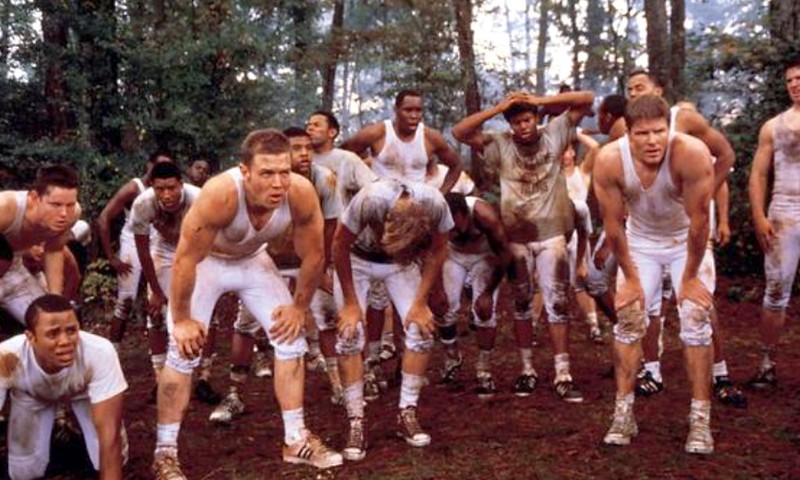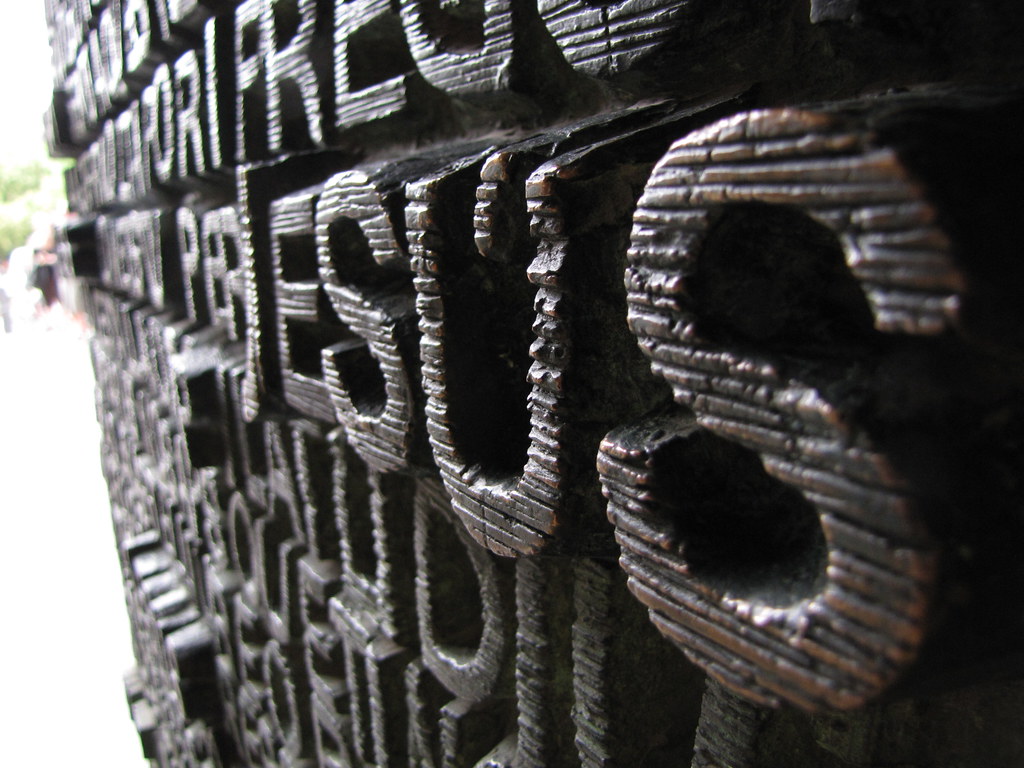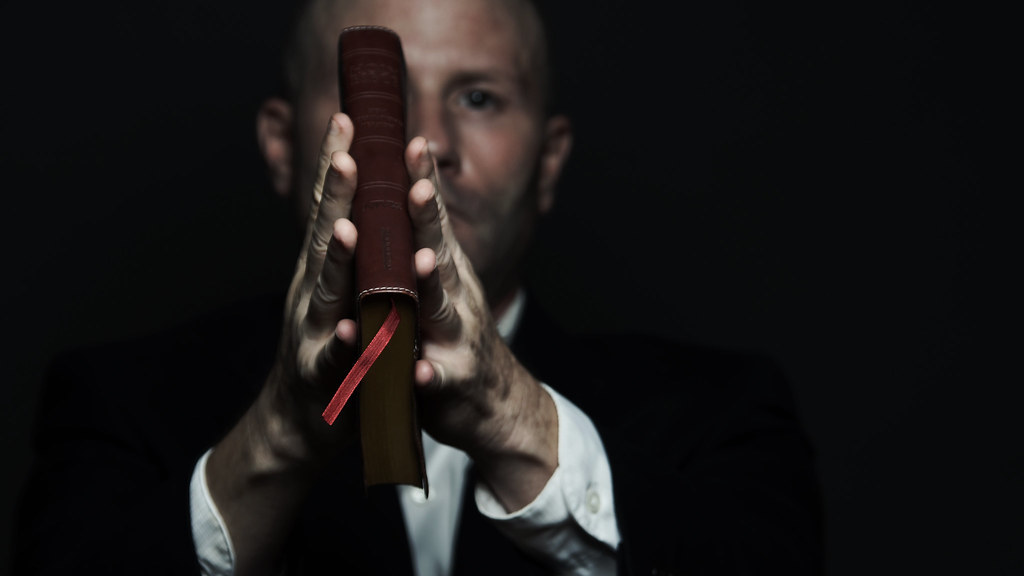The lame man could walk. The leper was healed. The shriveled hand was restored. All were miracles accomplished by the power of God. But what if each individual had taken the credit instead?Oh Lord please take away my pride and allow me to always give you the credit and glory you deserve.
The lame man bragged, "I used to be a cripple, but I did a lot of physical training and over time I strengthened my legs so they could move on their own."
"I use to be a leper," another said, "but I cleaned myself constantly and eventually the spots went away."
The man who had the shriveled hand said, "I used to have a deformed hand, but I stretched it and put lotion on it every day for years and it healed."
Sounds ludicrous, doesn't it? Yet so often we take credit for blessings that come to us from God. Pride tells others that we accomplished the miracles in our lives - whether a healing, a renewed relationship, or some other success - on our own, when the credit belongs to God.
~Francis Chan
Remember 'Remember the Titans'?
Culture change is tough - but it is worth it!!! I was reminded of this as I watched the movie Remember the Titans. A coach dropped into a chaotic situation must bring culture change for the team to survive... but he doesn't just want it to survive he wants it to succeed, and to dominate. In a way we want our ministries to do likewise so what ideas for culture change can we take from Coach Boon?

Thinking about sacrifice
If Jesus is King, what does that mean for what we want to do with out lives? [Image by Chris Bellerophon Dotson on flickr]

Back to the Mission
Reminded again and again about what we are created for. We are created for worship! But because there are some people who do not worship, we have been given a mission... to go and show people they were created to worship! - photo on Flickr by llamatofu

Appeasement verses Satisfaction
Do we look to appease our emotions, troubles, discomforts with earthy things that may provide some release temporarily, or do we look to God who is the source of complete satisfaction? [Image by donald_palansky_photography on flickr]







